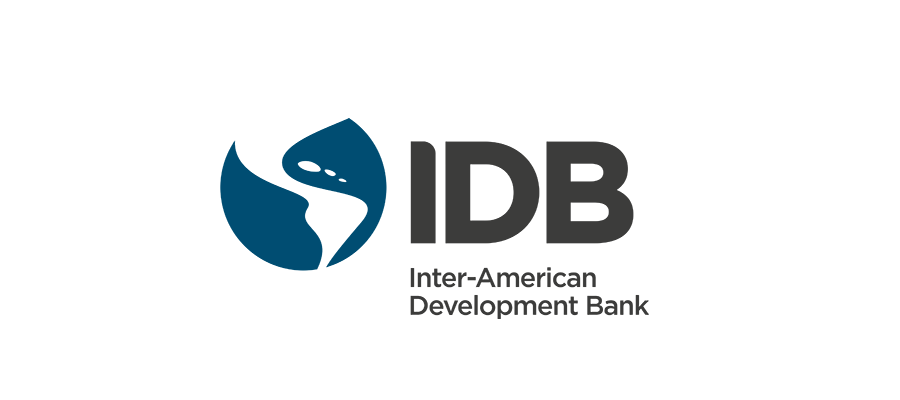
Republic of Costa Rica is one of the most stable democracies of the Americas. In 1949, the country dissolved its armed forces and adopted a new Constitution. The Constitution fostered broad based access to education and healthcare, a robust system of checks and balances, and a strong rule of law. Sound mechanism to oversee state actions as well as to protect and guarantee human and democratic rights were progressively installed. Relatively stable, long term economic growth has allowed for important investments in basic social services, while a good endowment of human capital and natural amenities has furthered contributed to socio-economic progress. The average life expectancy at birth of Costa Ricans is significantly higher than in other Latin American countries and Costa Rica made important progress on the Human Development Index.
But rising socio-economic challenges and progress in the political system and in the administration are putting pressure on the country’s governance mechanism and constrain Costa Rica’s aspiration for enhanced and sustainable prosperity for its citizens. These challenges include fragmented public administration with limited steering capacity by the centre of government, a large share of the budget falling outside the budgetary preparatory process headed by the Ministry of Finance, fiscal sustainability severely under pressure, and regional disparities as well as rising inequalities.
This OECD Public Governance Review analyses key areas of public governance in Costa Rica and identifies opportunities to improve the performance of the state in order to ensure more effective and efficient service delivery for all citizens. It examines co-ordination at the centre of government, public policy monitoring and evaluation and the use of the budget framework for strategic planning. It also looks at human resource management, integrity policies and public procurement, and multi-level governance.
Costa Rica is at a turning point. In order to sustain the important achievements of the past, the country’s governance system needs to shift gear and mirror the changing economy and society. The Review provides input for a reform process that can foster a more efficient, effective and accountable public administration with a clear focus on delivering results and improving the well-being of population.
Read the full report here.
OECD (2015), Costa Rica: Good Governance, from Process to Results, OECD Public Governance Reviews, OECD Publishing, Paris.




